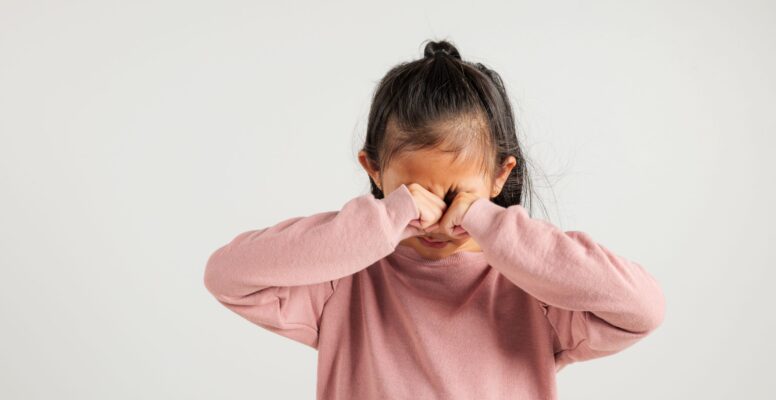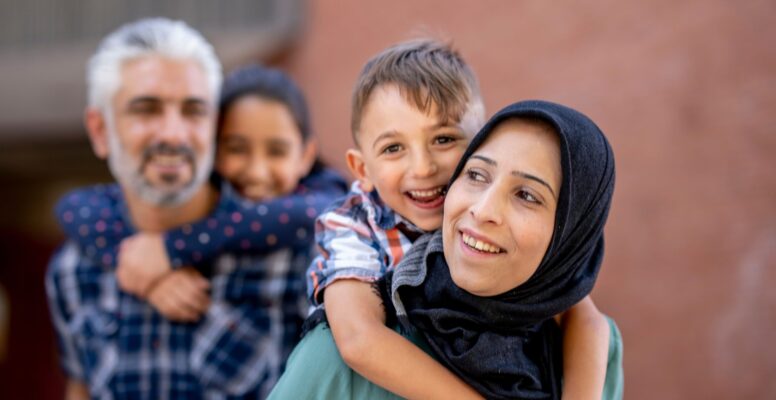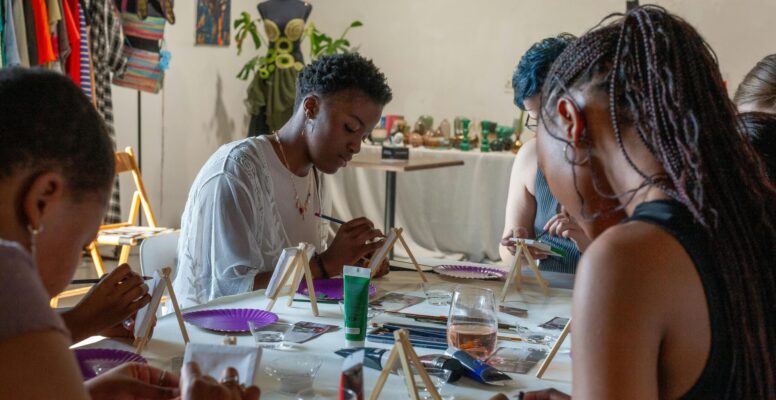Written By: Ariella Hartley, Clinical Trainee at ACS, On-Campus Counseling Program THE TRANSITION FROM CHILDHOOD into the tween and teen years can feel like an emotional rollercoaster, for students, parents, and teachers alike. Throughout elementary and middle school, children develop a deeper sense of self, stronger social awareness, and growing sensitivity to how others see […]
Written By: Madison Reyna, Clinical Trainee at ACS, On-Campus Counseling Program IT IS COMMON FOR CHILDREN with Attention deficit/hyperactivity disorder (ADHD) to exhibit some disruptive behaviors. However, ADHD symptoms can be misdiagnosed as a disruptive behavior disorder, especially in children of color (Fadus et al., 2020). Disruptive behavior disorders are typically presented as difficulties in […]
Written By: Margaret Wooll, Clinical Trainee at ACS, On-Campus Counseling Program WE ALL HAVE INTENSE EMOTIONSsometimes. Part of growing up is learning to handle the big ones. Somewhere along the way, though, a lot of us get the message that we should be able to just control whether we even have certain emotions. It doesn’t […]
Written By: Edelya Silva, Clinical Trainee at ACS, On-Campus Counseling Program THE TEENAGE YEARSare often referred to as the most trying years for a parent and their child. Lots of books and blogs love to capitalize on this “chaos” with catchy titles like Feeding the Mouth that Bites You or Surviving Your Child’s Adolescence. The […]
Written By: Mariana Trejo, Clinical Trainee at ACS, On-Campus Counseling Program COMMUNICATIONcan be one of the most challenging aspects to our relationships, but one of the most crucial. During adolescence, most teens seek independence from parents or other adults in their lives, while many adults try to stay connected and provide guidance to them. Similarly, […]
Written By: Anjana Srinivasaprasad, Clinical Trainee at ACS, Adolescent Substance Addiction Treatment Program FOR MANY IMMIGRANT PARENTS, raising children in a new country comes with both pride and pressure. They carry the responsibility of preserving cultural traditions while helping their children adapt to an unfamiliar environment. This balancing act can create unique forms of parenting […]
Written By: Stephanie Arias, Clinical Trainee at ACS, On-Campus Counseling Program IN TODAY’S BUSY WORLD, many teens juggle school, activities, and social lives that often take place online or in their individual worlds. After a few years of online interactions, in-person interactions may have become more limited, leading to feelings of isolation for many teenagers […]
Written By: Kendall Keller, Clinical Trainee at ACS, On-Campus Counseling Program ADDRESSING the Growing Mental Health Crisis in California’s Schools Recent data from the 2022 State of Student Mental Wellness Report highlights an urgent and concerning trend in California’s youth mental health. According to the report, 63% of students experienced emotional meltdowns, 43% reported panic […]
Written By: Allison Thigpen, Clinical Trainee at ACS, On-Campus Counseling Program GRIEF AND LOSSare universal experiences, but they can look very different in young children. While adults may express grief through words or rituals, children often process their emotions in ways that are less obvious—through behavior, play, or even silence. As parents, caregivers, or educators, […]
Written By: Gavriella Silverman, Clinical Trainee at ACS, On-Campus Counseling Program AS CHILDREN,creativity comes naturally–we sing songs made-up on the spot, turn doodles into masterpieces, and dance without fear of being watched. Yet as we grow older, this tender and wondrous part of ourselves often slips away. Without the encouragement of supportive adults and peers, […]










